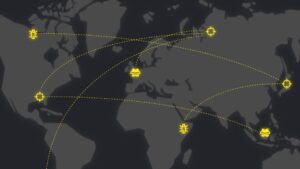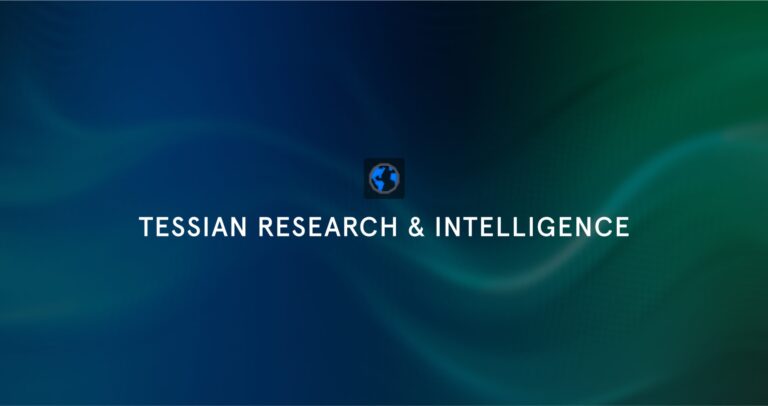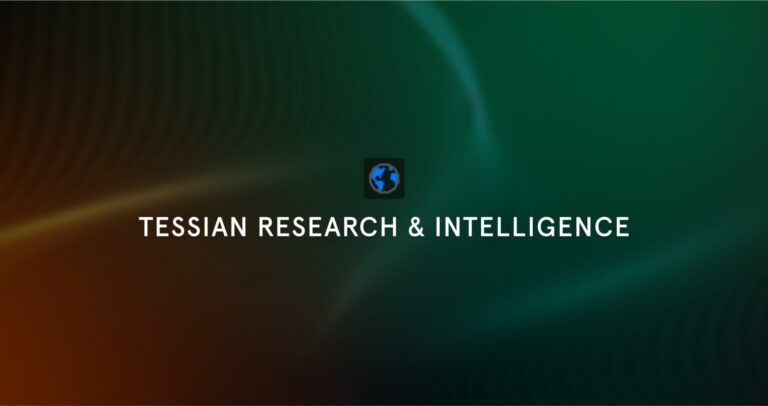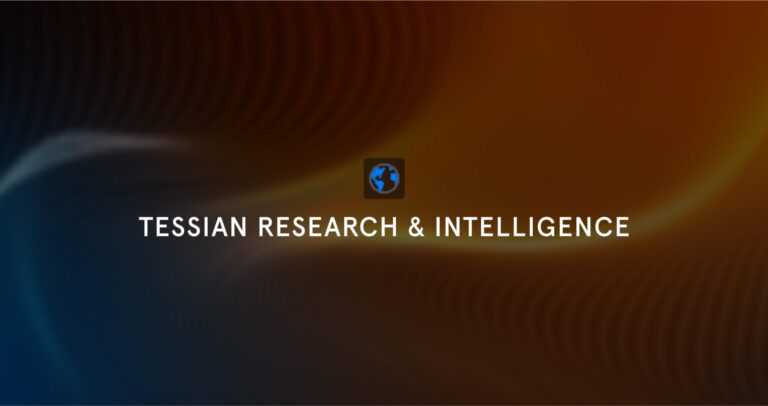Tessian Threat Intel introduces our key threat intelligence themes and topics we have been tracking for the month of April 2022. The key theme this month focussed on Ukraine-related cyber threat campaigns. We expect nation-state related attacks to escalate in the wake of the Russia invasion. Recommendations for staying include following best practice as outlined by CISA and NIST. Be sure to sign-up for our Threat Intel update to get this monthly update straight to your inbox.
Threat Stories
Tessian Threat Intel Roundup for April 2022
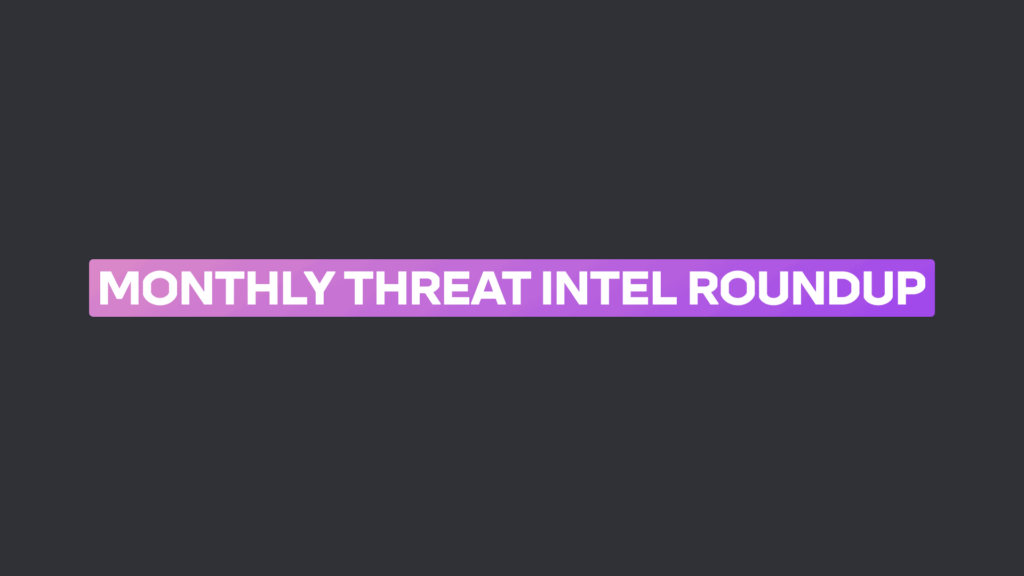
Tessian Cloud Email Security intelligently prevents advanced email threats and protects against data loss, to strengthen email security and build smarter security cultures in modern enterprises.










